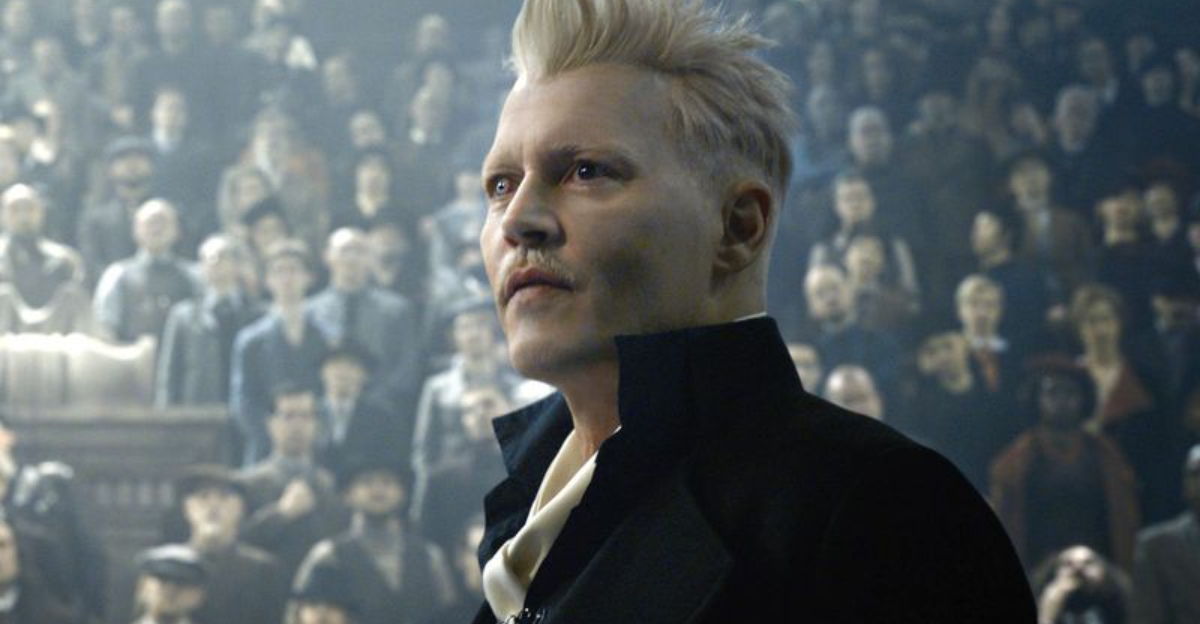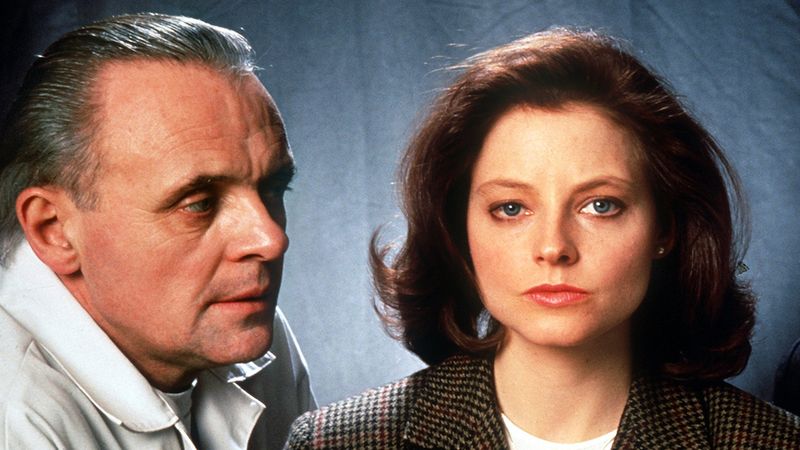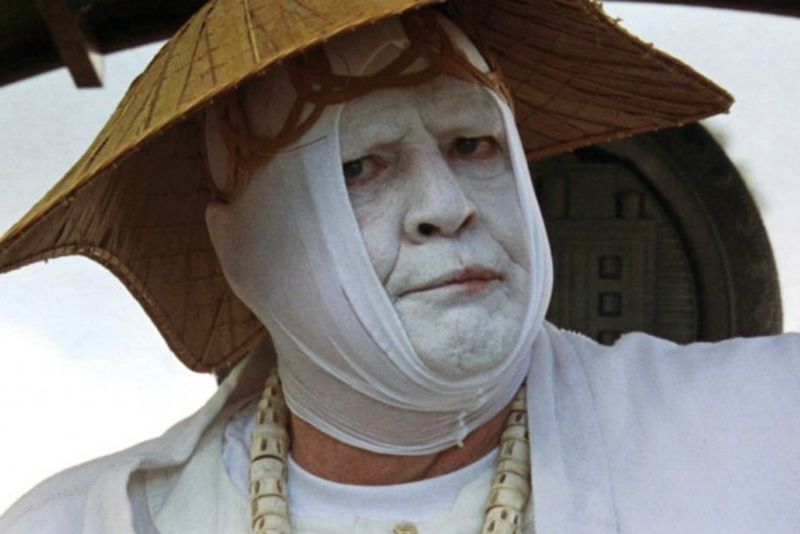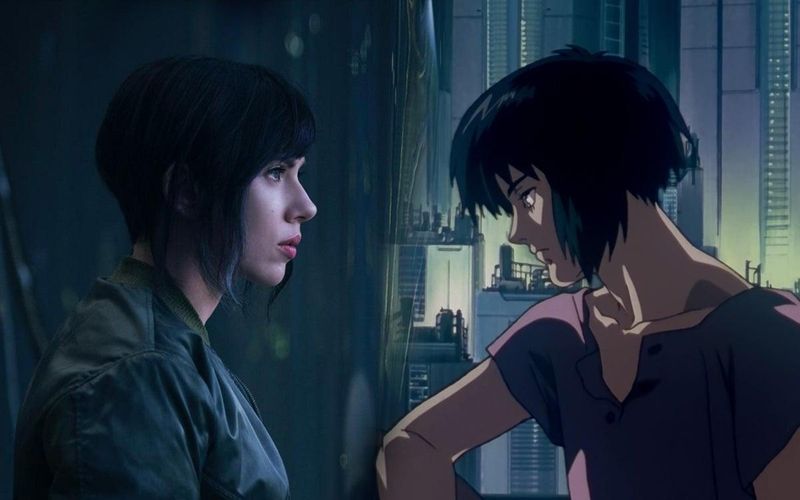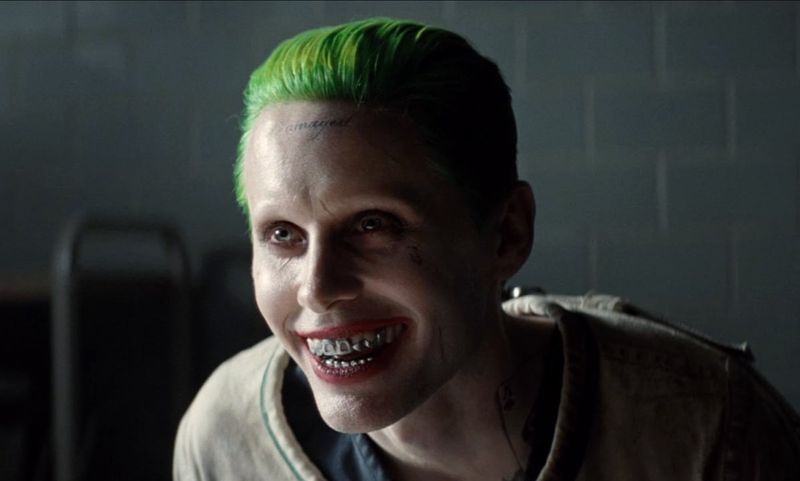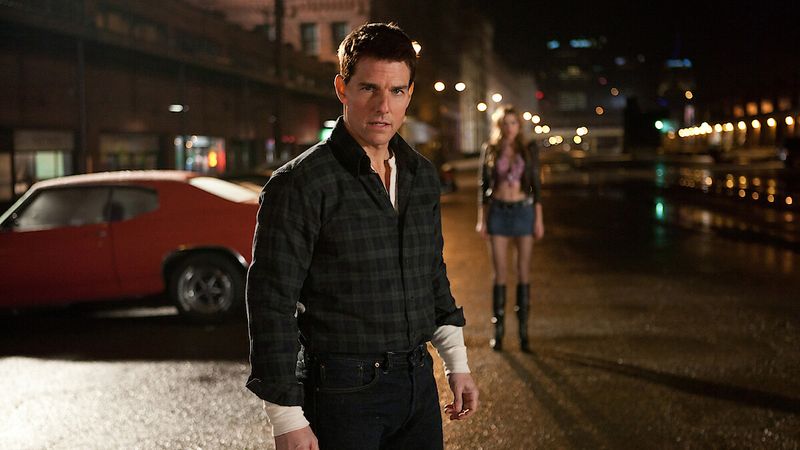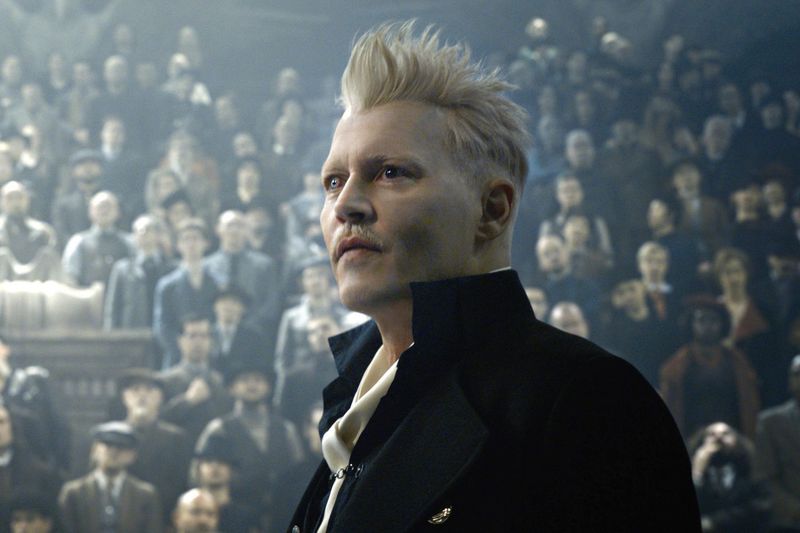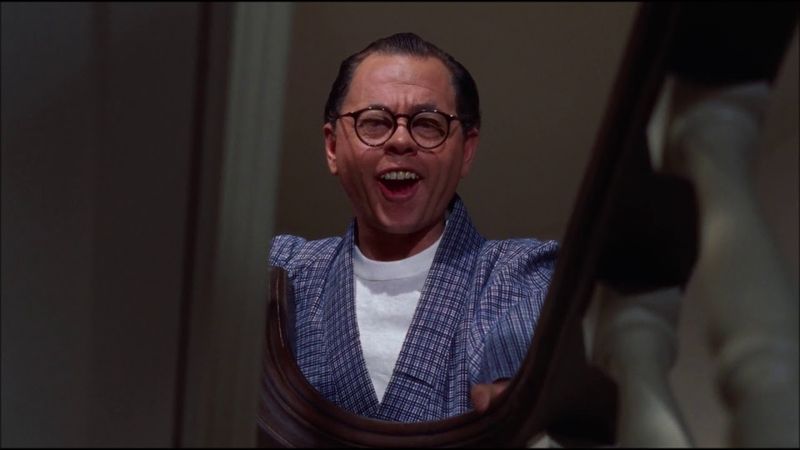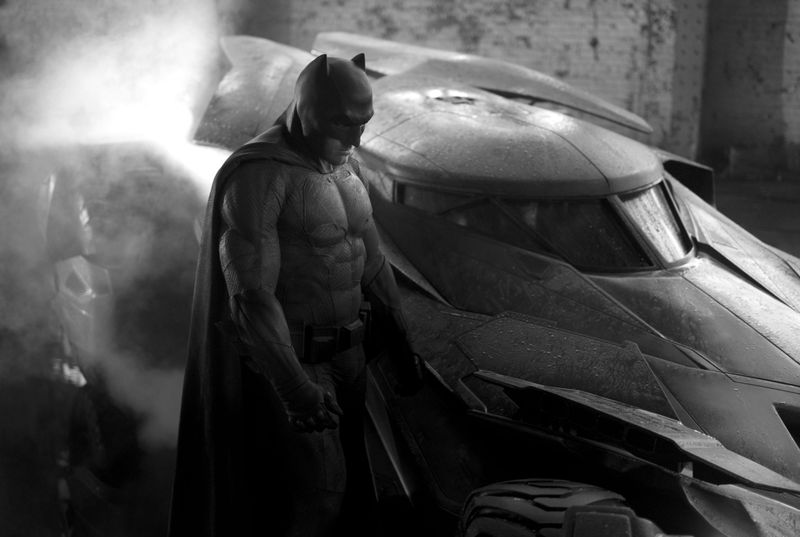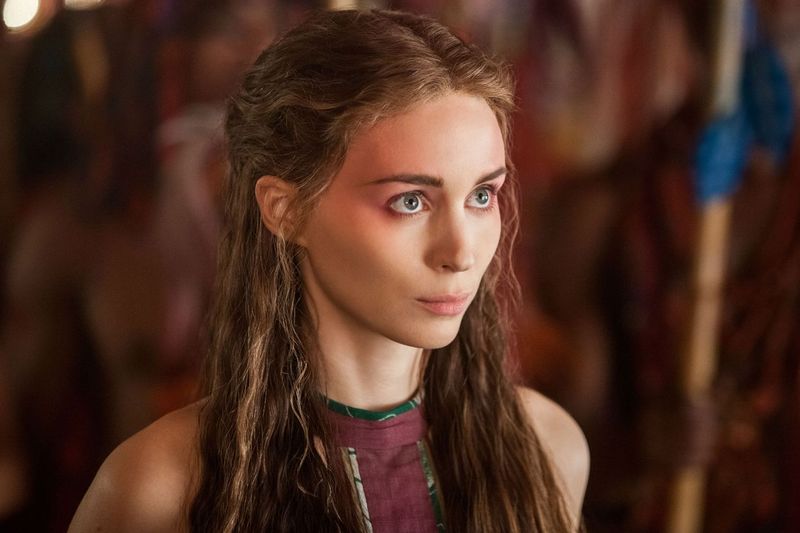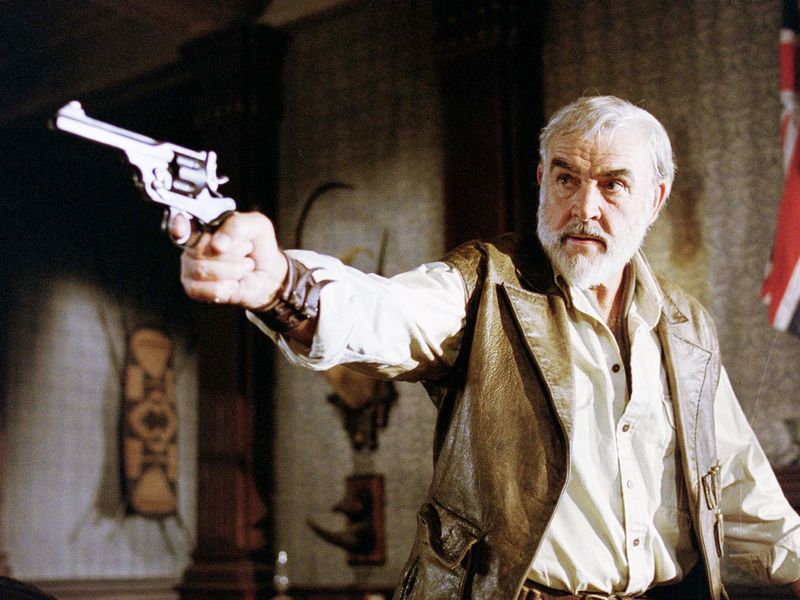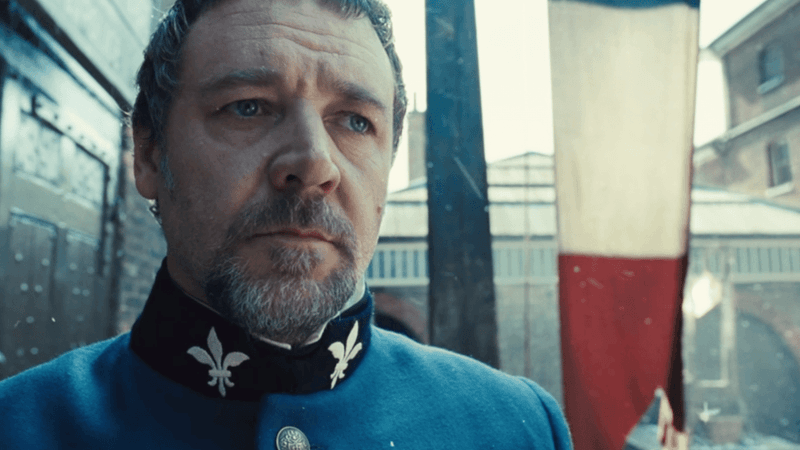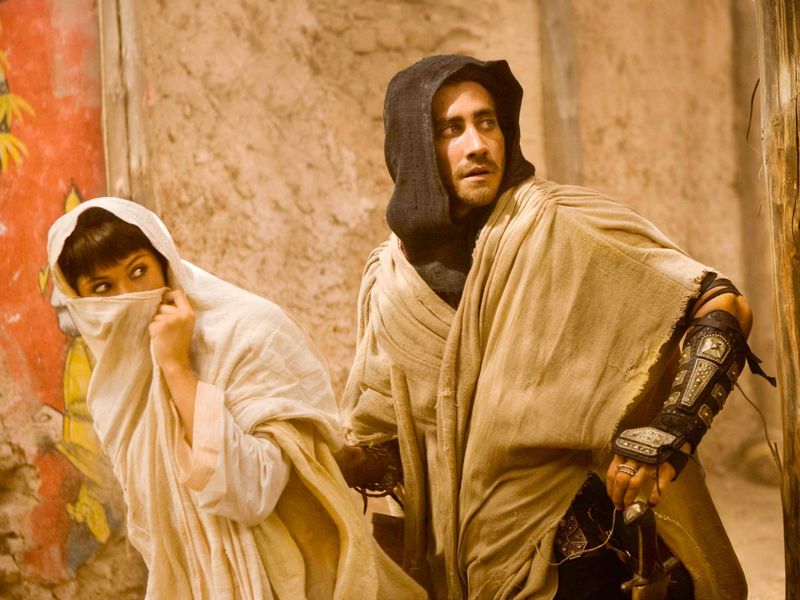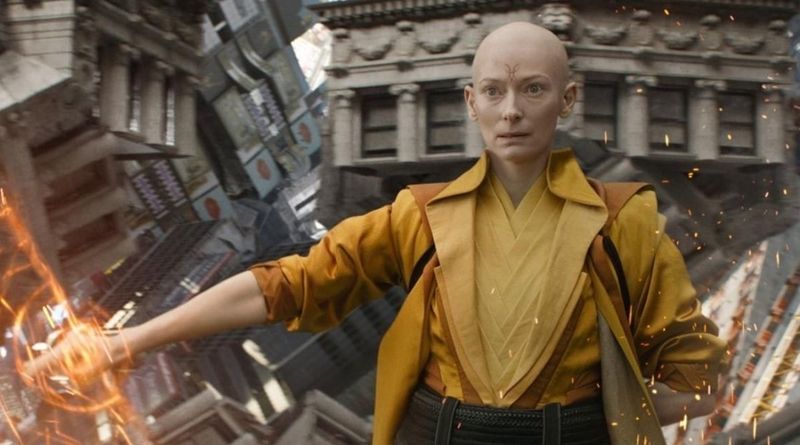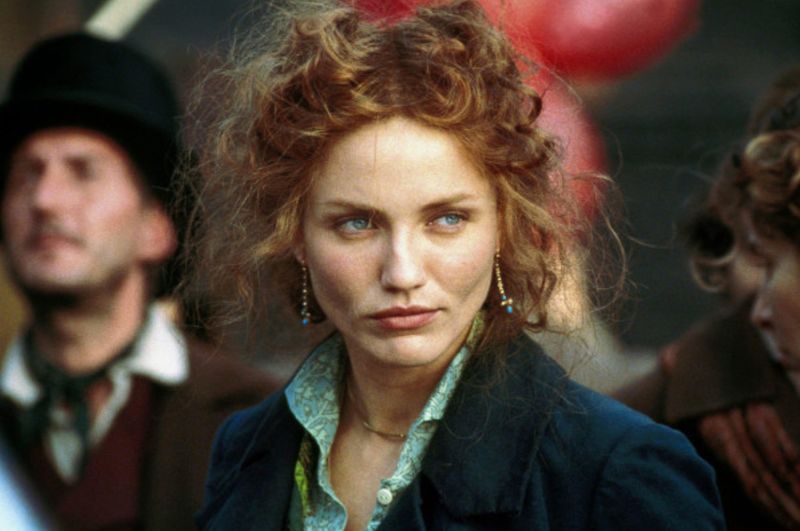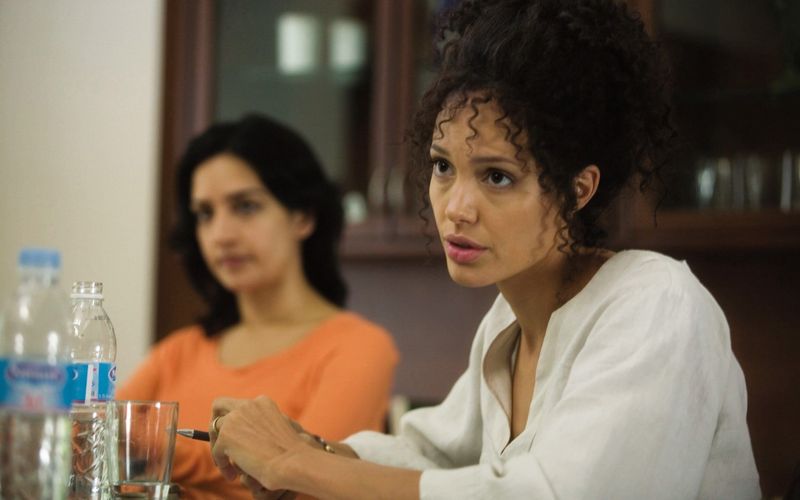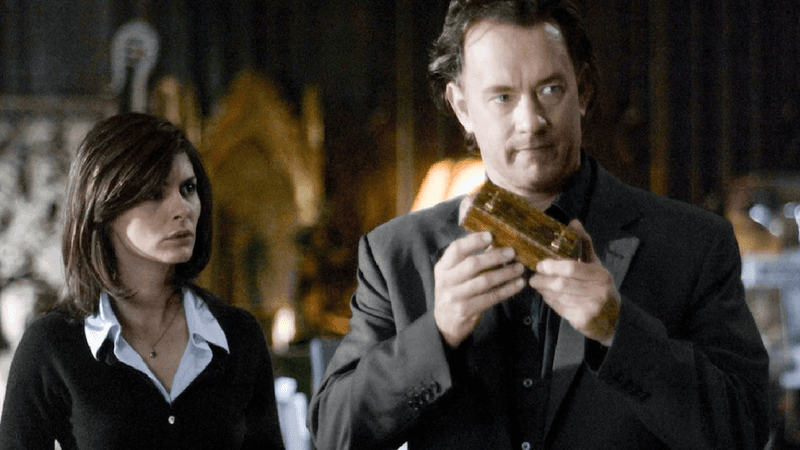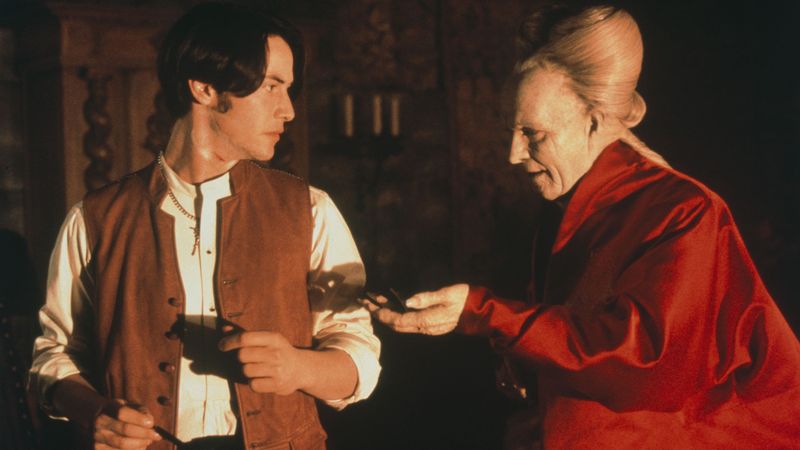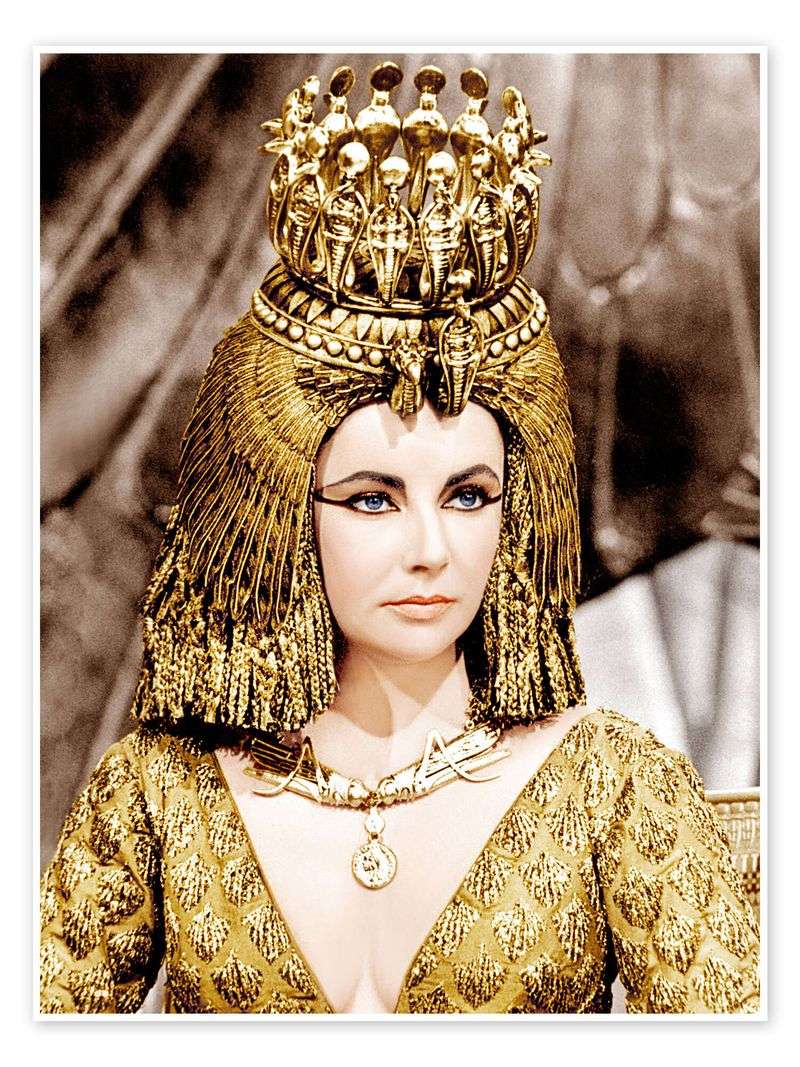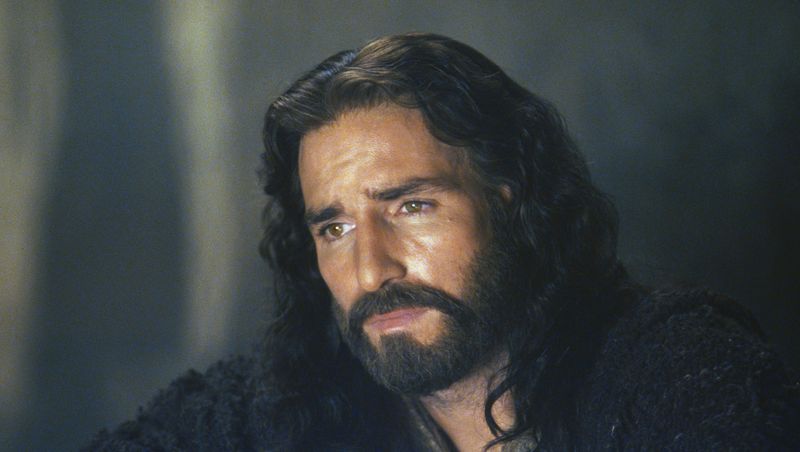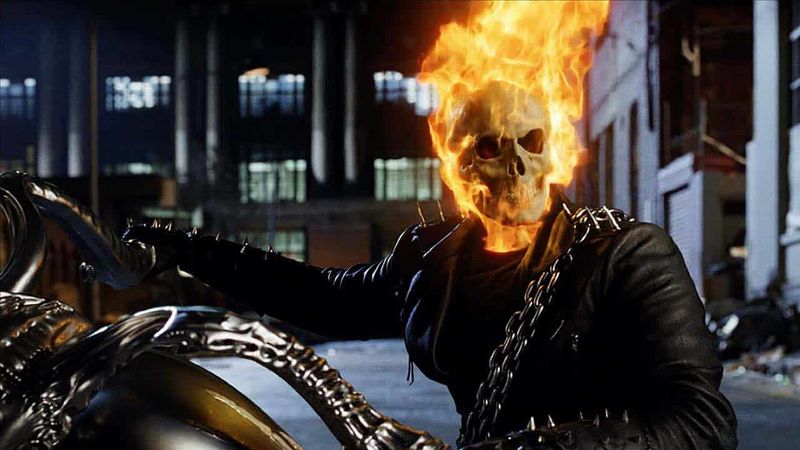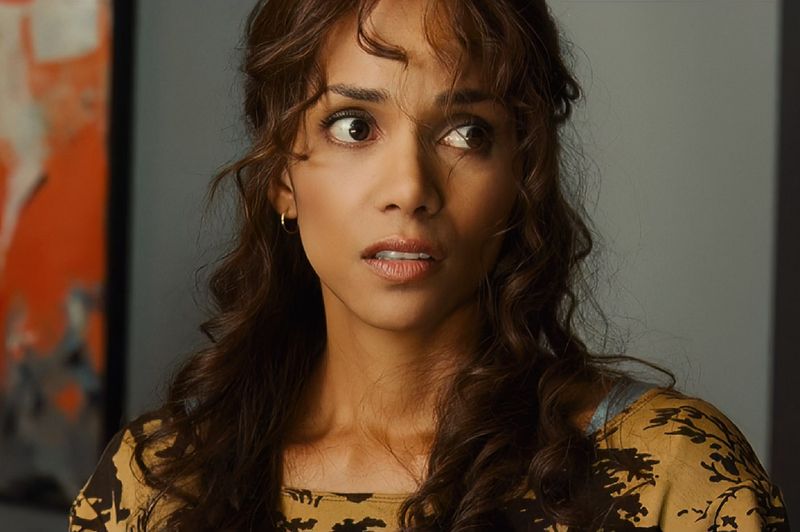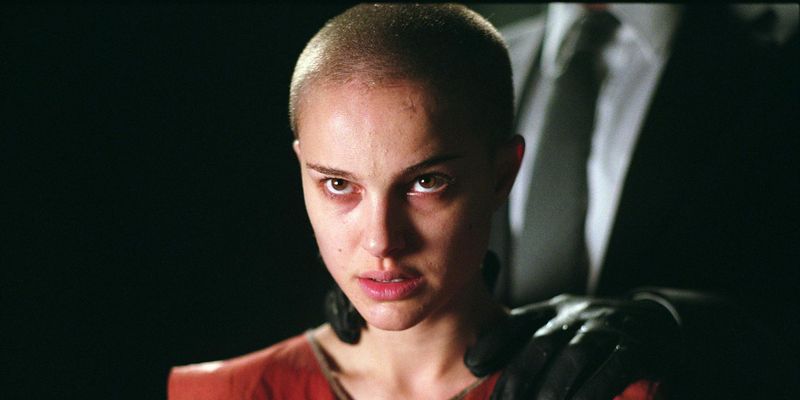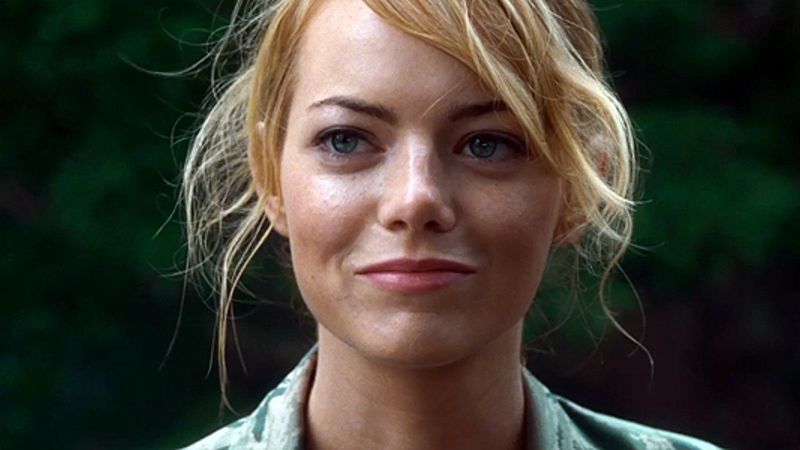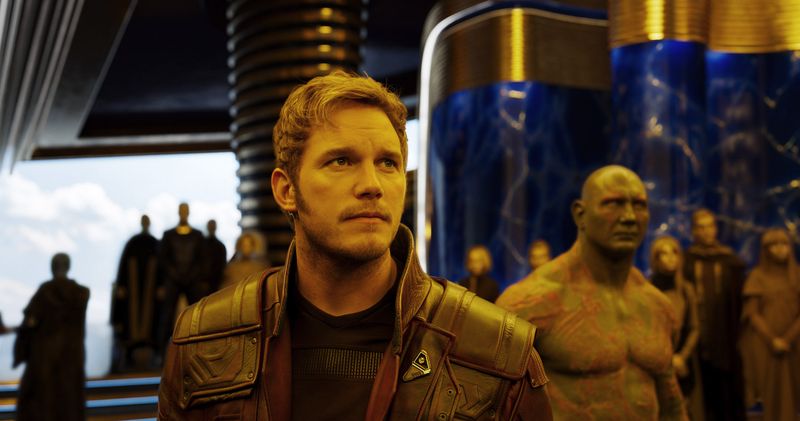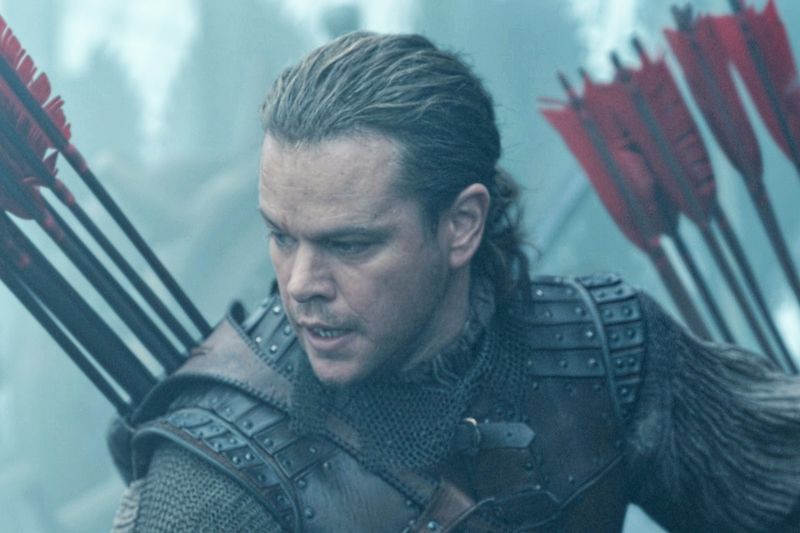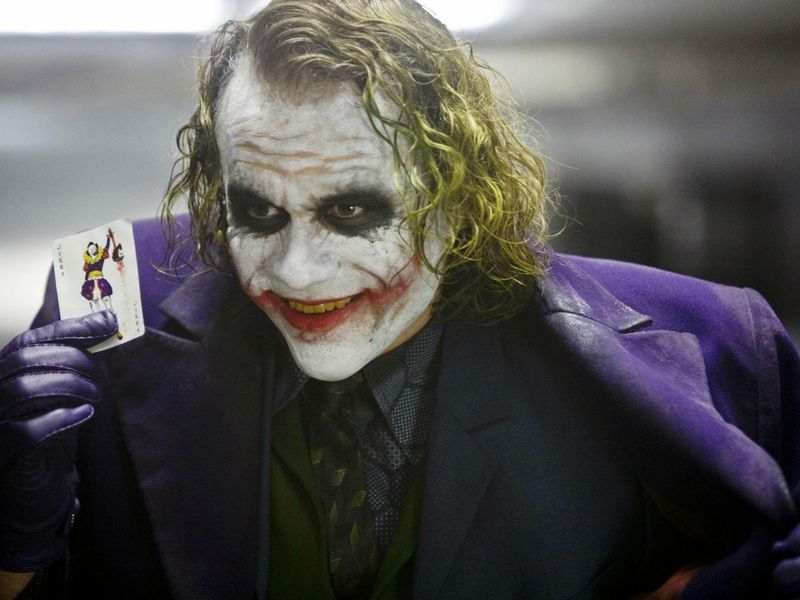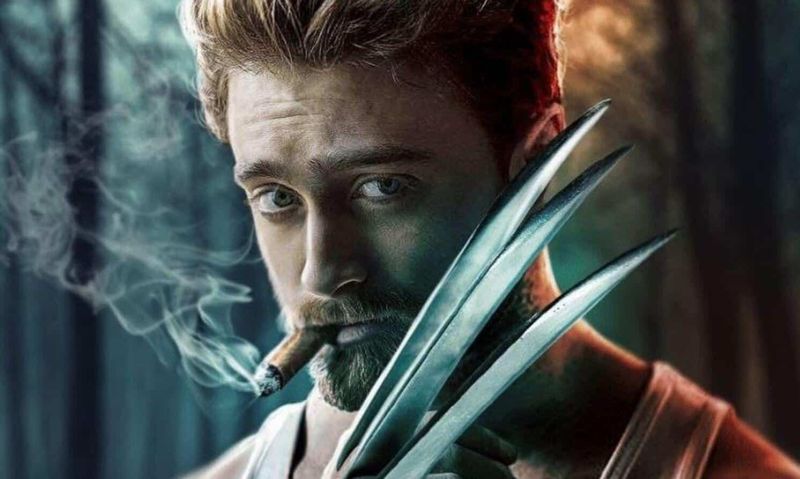Hollywood is known for its glitz and glamour, but behind the scenes, casting decisions can sometimes stir up major controversies.
Whether it’s due to a mismatch of talent, unexpected role choices, or societal backlash, these casting scandals have left a significant impact on the industry.
Let’s explore 27 of the most controversial role choices that have rocked Hollywood, leaving audiences and critics alike buzzing with discussions.
1. Jodie Foster in ‘Silence of the Lambs’
Jodie Foster’s portrayal of Clarice Starling in ‘Silence of the Lambs’ became iconic, yet her casting was initially met with skepticism. Doubts arose about her ability to embody the determined FBI trainee. Foster’s performance was transformative, capturing Clarice’s vulnerability and strength with nuance.
The film’s success silenced critics, earning Foster an Academy Award. Her casting underscored the impact of a well-executed role, challenging preconceived notions.
Foster’s Clarice remains a landmark portrayal in thriller cinema, demonstrating the power of casting and performance in creating enduring characters that resonate with audiences.
2. Marlon Brando in ‘The Island of Dr. Moreau’
Marlon Brando’s role in ‘The Island of Dr. Moreau’ became infamous for its on-set drama and eccentricities. Brando’s portrayal of the mad scientist was both captivating and controversial, marked by creative conflicts and production challenges.
The film’s troubled production overshadowed its release, yet Brando’s performance left a lasting impression. His casting illustrated the unpredictability of working with legendary actors, blending genius with chaos.
Despite the film’s shortcomings, Brando’s involvement remains a fascinating chapter in cinematic history, offering insights into the complexities of filmmaking and star power dynamics.
3. Scarlett Johansson in ‘Ghost in the Shell’
Scarlett Johansson’s role in ‘Ghost in the Shell’ sparked intense debates about whitewashing in Hollywood. Originally a Japanese character, Major Motoko Kusanagi was portrayed by Johansson, leading to accusations of cultural appropriation. Many felt Asian actors were overlooked for a major Hollywood film.
Johansson defended her role, emphasizing the character’s universality. However, the controversy overshadowed the film’s release, impacting its box office performance.
Critics and audiences questioned the industry’s commitment to diversity. Despite the backlash, Johansson’s performance was praised for its depth and nuance, demonstrating her ability to tackle complex roles.
4. Jared Leto as The Joker
Jared Leto’s portrayal of The Joker in ‘Suicide Squad’ was divisive among fans and critics alike. Known for his intense method acting, Leto’s off-screen antics became as infamous as his on-screen performance.
Some appreciated his unique take on the iconic villain, while others found it lacking compared to predecessors.
The film itself received mixed reviews, with Leto’s Joker becoming a polarizing figure. Despite the backlash, Leto defended his creative choices, emphasizing his commitment to the role. This casting remains a topic of debate, showcasing the challenges of reinventing beloved characters.
5. Tom Cruise as Jack Reacher
Tom Cruise’s casting as Jack Reacher, a towering character from Lee Child’s novels, surprised fans. Known for his shorter stature, Cruise faced skepticism about fitting the physical description. Critics and fans questioned whether he could embody the essence of the beloved character.
Despite initial doubts, Cruise delivered a strong performance, capturing Reacher’s intensity and intelligence.
His dedication to action sequences impressed audiences. The debate over physical accuracy versus acting ability continued, highlighting the intricacies of adapting books to screen. Cruise’s portrayal remains a discussion point in the world of literary adaptations.
6. Johnny Depp as Grindelwald
When Johnny Depp was cast as Gellert Grindelwald in the ‘Fantastic Beasts’ series, fans were polarized. His involvement came at a controversial time, amidst legal battles and public scrutiny.
Many argued the choice was problematic due to ongoing allegations. Warner Bros. defended their decision, citing his acting prowess. Nevertheless, the backlash was significant.
Depp’s portrayal was intense, offering a unique twist to the wizarding world. Yet, debates raged on whether his personal life overshadowed his performance. Eventually, Depp stepped down, and Mads Mikkelsen replaced him. The saga remains a hot topic among fans and critics alike.
7. Mickey Rooney in ‘Breakfast at Tiffany’s’
Mickey Rooney’s portrayal of Mr. Yunioshi in ‘Breakfast at Tiffany’s’ is often cited as an example of racial insensitivity. His exaggerated, stereotypical performance drew criticism for its offensive caricature of a Japanese character.
Despite being a product of its time, audiences today view this casting choice as problematic.
The controversy has sparked discussions about representation and respect in cinema. Many argue that such portrayals contribute to harmful stereotypes. As Hollywood evolves, this role serves as a reminder of the industry’s past mistakes and the ongoing need for cultural awareness and sensitivity in casting.
8. Ben Affleck as Batman
The announcement of Ben Affleck as Batman in ‘Batman v Superman: Dawn of Justice’ was met with skepticism. Fans questioned Affleck’s suitability for the iconic role, recalling his previous superhero stint as Daredevil, which received mixed reviews.
Despite initial resistance, Affleck’s performance won over many critics with his brooding and intense portrayal of the Dark Knight. He brought a fresh perspective to the character, balancing vulnerability with strength.
The casting decision, though controversial, added a new dimension to the Batman legacy, proving Affleck’s ability to defy expectations and embrace the challenge.
9. Rooney Mara as Tiger Lily
Rooney Mara’s casting as Tiger Lily in ‘Pan’ raised eyebrows due to concerns about cultural representation.
Critics argued that the role should have gone to a Native American actress, as the character has Indigenous roots. Mara acknowledged the controversy, expressing her own reservations about the casting decision.
Despite the backlash, Mara delivered a passionate performance, bringing depth to the role. However, the debate highlighted Hollywood’s ongoing struggles with diversity and inclusion.
This incident underscored the importance of authentic casting, urging the industry to prioritize representation and honor the origins of characters.
10. Sean Connery in ‘The League of Extraordinary Gentlemen’
Sean Connery’s casting as Allan Quatermain in ‘The League of Extraordinary Gentlemen’ was seen as a surprising choice. Critics questioned whether Connery could adapt to the film’s fantastical elements. Known for his suave James Bond persona, Connery’s involvement drew attention.
Despite the film’s mixed reviews, Connery’s performance added gravitas and charm. His casting highlighted the appeal of classic actors in modern adaptations, blending traditional screen presence with contemporary storytelling.
The role marked Connery’s final live-action performance, leaving a lasting impression and contributing to the film’s cult following.
11. Russell Crowe in ‘Les Misérables’
Russell Crowe’s role as Javert in ‘Les Misérables’ faced criticism due to his singing abilities. The iconic musical demanded powerful vocals, and Crowe’s performance was met with mixed reviews. Some praised his acting, while others felt his singing didn’t meet expectations.
The casting choice sparked discussions about actors crossing into musical territory. Crowe defended his dedication to the role, emphasizing his passion for the character.
Despite the controversy, ‘Les Misérables’ enjoyed box office success and critical acclaim, showcasing the challenges and rewards of blending acting prowess with musical talent on the big screen.
12. Jake Gyllenhaal in ‘Prince of Persia’
Jake Gyllenhaal’s role as Prince Dastan in ‘Prince of Persia’ ignited discussions about whitewashing. Critics argued that the character, based on Persian heritage, should have been portrayed by a Middle Eastern actor.
Gyllenhaal’s casting was seen as a missed opportunity for authentic representation in a major Hollywood production.
Despite the controversy, Gyllenhaal’s performance was praised for its physicality and charm. The film enjoyed moderate box office success, but the casting choice remains a point of contention.
This example highlights the industry’s need to embrace diversity and ensure inclusivity in storytelling.
13. Tilda Swinton in ‘Doctor Strange’
Tilda Swinton’s role as The Ancient One in ‘Doctor Strange’ sparked debate about cultural representation. Traditionally depicted as an Asian male in the comics, Swinton’s casting was seen as an attempt to avoid stereotypes but faced backlash for erasing Asian representation.
Marvel defended their decision, citing creative freedom and Swinton’s acting caliber. Her performance was praised for its enigmatic and powerful presence. However, critics argued that the role’s potential for Asian representation was overlooked.
This controversy highlighted the ongoing balance between creative reinterpretation and cultural authenticity in modern filmmaking.
14. Cameron Diaz in ‘Gangs of New York’
Cameron Diaz’s casting in ‘Gangs of New York’ was met with skepticism due to concerns about her ability to portray a 19th-century Irish immigrant. Critics questioned whether she could match the film’s intense, dramatic tone alongside seasoned actors like Daniel Day-Lewis.
Despite initial doubts, Diaz delivered a compelling performance, showcasing her versatility. Her portrayal added depth and intrigue, earning praise from audiences.
The casting choice, while controversial, ultimately contributed to the film’s dynamic ensemble, demonstrating the potential for unexpected casting decisions to surprise and engage viewers.
15. Angelina Jolie in ‘A Mighty Heart’
Angelina Jolie’s casting as Mariane Pearl in ‘A Mighty Heart’ was met with criticism over racial representation. Pearl, of Afro-Cuban descent, was portrayed by Jolie, sparking debates about Hollywood’s commitment to authenticity and diversity.
Despite the controversy, Jolie’s performance was lauded for its emotional depth and dedication. She captured Pearl’s resilience and strength during a harrowing time.
The film brought awareness to important global issues, yet the casting choice remains a topic of discussion. This incident underscored the importance of accurate representation and the complexities of telling real-life stories.
16. Tom Hanks in ‘The Da Vinci Code’
Tom Hanks’s casting as Robert Langdon in ‘The Da Vinci Code’ attracted attention due to his established comedic background. Fans of the novel questioned whether Hanks could embody the intense, enigmatic character.
Despite initial skepticism, Hanks delivered a captivating performance, balancing intellect with intrigue.
His portrayal added depth to the storyline, earning praise from audiences and critics. The casting choice highlighted Hanks’s versatility, proving his ability to tackle diverse genres. This role remains a testament to the power of casting against type, showcasing the potential for unexpected performances to reshape audience perceptions.
17. Keanu Reeves in ‘Bram Stoker’s Dracula’
Keanu Reeves’s role as Jonathan Harker in ‘Bram Stoker’s Dracula’ faced criticism for his English accent. Critics felt Reeves struggled with the dialect, impacting the authenticity of his performance.
Despite the backlash, Reeves delivered a sincere portrayal, capturing Harker’s vulnerability and courage.
The film’s gothic atmosphere and star-studded cast overshadowed the controversy, contributing to its cult classic status.
Reeves’s casting remains a talking point, reflecting the challenges actors face when stepping into period roles. This incident emphasizes the importance of dialect coaching and preparation in bringing historical characters to life on screen.
18. Elizabeth Taylor in ‘Cleopatra’
Elizabeth Taylor’s casting as Cleopatra in the 1963 epic generated both excitement and debate. Critics questioned the choice of a Western actress to portray the iconic Egyptian queen. Despite the controversy, Taylor’s captivating performance became legendary, cementing her status as a Hollywood icon.
The film faced production challenges, including budget overruns and on-set romances, adding to the intrigue. Taylor’s portrayal was both praised and scrutinized, reflecting the complexities of representing historical figures.
This casting choice remains a significant moment in cinematic history, showcasing the power of star-driven performances amid cultural discussions.
19. Jim Caviezel in ‘The Passion of the Christ’
Jim Caviezel’s casting as Jesus Christ in ‘The Passion of the Christ’ was both celebrated and debated. Directed by Mel Gibson, the film faced scrutiny for its graphic depiction of Christ’s crucifixion.
Caviezel’s portrayal was intense and moving, but the film sparked controversies regarding its historical accuracy and portrayal of religious themes.
Despite the debates, Caviezel’s performance was praised for its emotional depth and spiritual resonance. The casting choice remains significant, highlighting the complexities of depicting religious figures and the impact such roles can have on both audiences and actors.
20. Nicolas Cage in ‘Ghost Rider’
Nicolas Cage’s role as Johnny Blaze in ‘Ghost Rider’ raised eyebrows among comic book fans. Critics questioned whether Cage could capture the essence of the fiery anti-hero. Known for his eclectic acting style, Cage delivered a passionate performance that divided audiences.
While some praised his dedication to the character, others felt his portrayal was over-the-top. The film received mixed reviews, yet Cage’s casting remains a bold choice in superhero cinema.
This example underscores the challenges of translating comic book characters to film and the unique flair actors bring to iconic roles.
21. Halle Berry in ‘Catwoman’
Halle Berry’s turn as Catwoman was met with high expectations, but the film faced criticism for its departure from the original comic book character. Berry’s performance was lively, yet the script and direction led to mixed reactions.
Fans felt the film lacked the finesse and complexity expected from the beloved anti-heroine. Despite the backlash, Berry embraced the role, showcasing her action chops and charisma.
The casting choice sparked conversations about the challenges of adapting comic book characters, highlighting the importance of cohesive storytelling in superhero films.
22. Natalie Portman in ‘V for Vendetta’
Natalie Portman’s transformation in ‘V for Vendetta’ was met with intrigue, as she tackled the role of Evey Hammond in a dystopian tale. Portman’s decision to shave her head for the role garnered attention, symbolizing her commitment to authenticity.
Her performance was lauded for capturing Evey’s evolution from fear to empowerment. The casting choice emphasized Portman’s versatility, proving her ability to navigate complex narratives.
‘V for Vendetta’ remains a cult classic, with Portman’s portrayal at its core, demonstrating the power of dedication and transformation in bringing iconic characters to life.
23. Emma Stone in ‘Aloha’
Emma Stone’s casting as Allison Ng, a character of Hawaiian and Asian descent in ‘Aloha’, was met with criticism. Audiences pointed out the lack of representation, arguing Stone’s casting perpetuated Hollywood’s diversity issues. Director Cameron Crowe apologized for the oversight.
Stone’s performance was heartfelt, yet the casting choice was seen as a missed opportunity for authenticity. The film faced challenges at the box office, partly due to the controversy.
This incident highlighted the importance of cultural sensitivity and accurate representation, sparking conversations about change in the film industry.
24. Chris Pratt in ‘Guardians of the Galaxy’
Chris Pratt’s casting as Star-Lord in ‘Guardians of the Galaxy’ was unexpected, given his comedic background on ‘Parks and Recreation.’ Critics questioned his ability to lead a blockbuster superhero film. Pratt underwent a physical transformation, shedding weight and embracing the role with charisma.
His performance was a breakout success, merging humor with heroism. The film’s popularity propelled Pratt into stardom, showcasing the impact of casting against type.
‘Guardians of the Galaxy’ became a beloved entry in the Marvel Cinematic Universe, with Pratt’s Star-Lord at its heart, redefining the potential for unconventional superhero portrayals.
25. Matt Damon in ‘The Great Wall’
Matt Damon’s role in ‘The Great Wall’ sparked discussions about whitewashing and historical authenticity. Critics questioned the decision to cast a Western actor in a film centered around Chinese history and folklore.
Damon’s involvement highlighted concerns about Hollywood’s approach to international storytelling.
Despite the controversy, Damon’s performance was praised for its action sequences and presence. The film enjoyed commercial success, yet the casting choice remains a point of debate.
This example reflects the ongoing dialogue about diversity and representation in film, urging Hollywood to consider cultural context in global narratives.
26. Heath Ledger as The Joker
Heath Ledger’s casting as The Joker in ‘The Dark Knight’ initially faced skepticism. Fans of the Batman franchise questioned whether Ledger could succeed in the iconic role previously mastered by Jack Nicholson.
Ledger’s transformative performance silenced doubters, earning him a posthumous Academy Award.
His portrayal was haunting and mesmerizing, redefining The Joker as a complex, anarchic force. The casting choice became legendary, showcasing Ledger’s immense talent and dedication.
‘The Dark Knight’ remains a benchmark in superhero cinema, with Ledger’s Joker at its core, illustrating the profound impact of bold and unexpected casting decisions.
27. Daniel Radcliffe as Wolverine
When news broke that Daniel Radcliffe, best known for his role as Harry Potter, would be playing Wolverine, fans were in disbelief.
The iconic character, previously portrayed by Hugh Jackman, is known for his rugged appearance and towering presence. Radcliffe, with his boyish looks and shorter stature, seemed an unlikely choice.
Critics wondered how the young actor could embody the fierce and muscular Wolverine. Despite the skepticism, Radcliffe trained intensively, transforming his physique to take on the role.
His dedication to capturing Wolverine’s grit and intensity won over some doubters, though many still debate this unexpected casting choice.
